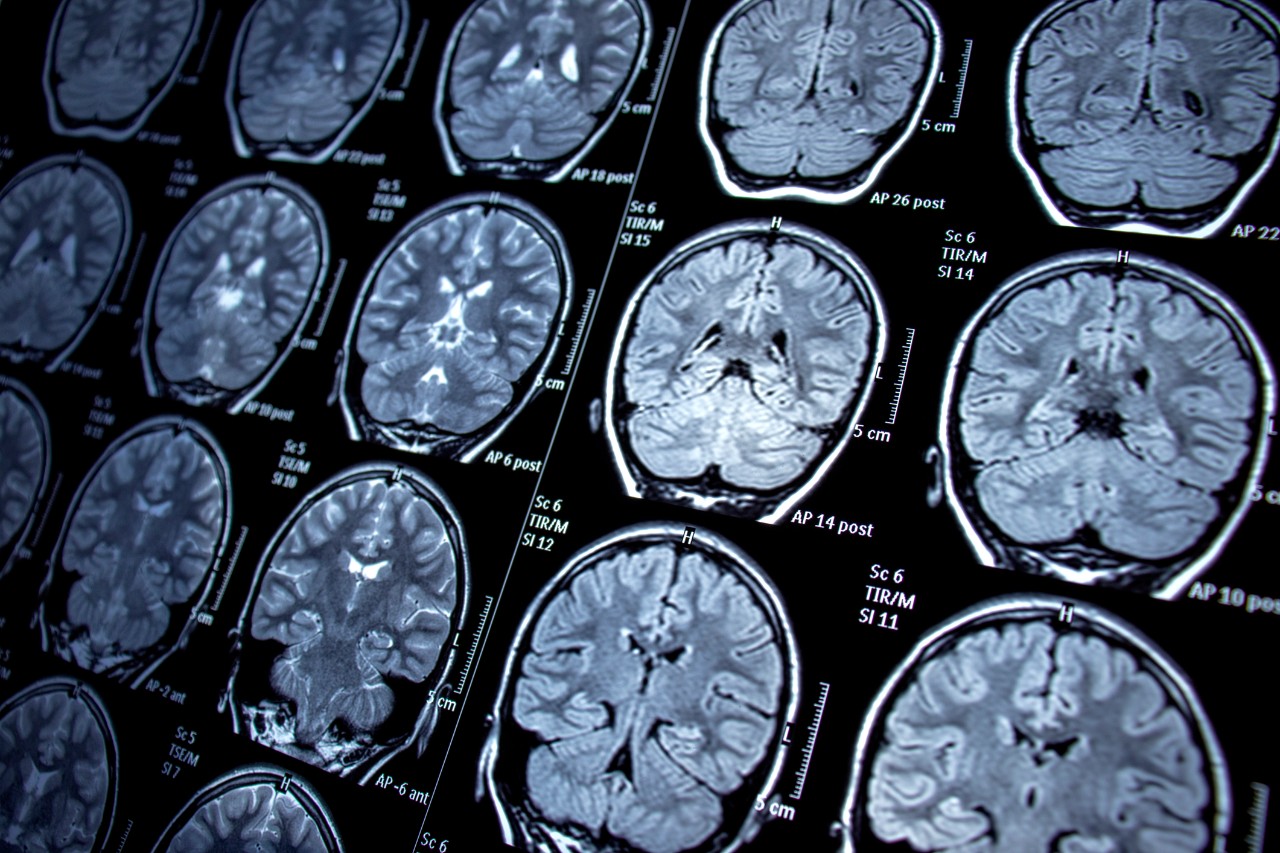
Local 12: UC stroke study aims to give patients more treatment options
The University of Cincinnati's Pooja Khatri and Eva Mistry spoke with Local 12 about the SISTER trial that will test a new drug to treat patients with strokes who are not eligible to receive traditional treatments due to timing factors or risk of complications.
When patients are rushed to the emergency room after suffering a stroke, not all of them can be given the traditional intravenous stroke drugs known as TPA or TNK. The trial will test a new monoclonal antibody treatment for those patients that is designed to help dissolve blood clots and open arteries more effectively than the current drugs used to treat a stroke or injury to the brain.
“What this novel drug is doing is it’s working in a completely different mechanism. It allows the body’s natural ability to dissolve blood clots,” said Mistry, MBBS, assistant professor in the Department of Neurology and Rehabilitation Medicine in UC’s College of Medicine and a neurologist at the UC Gardner Neuroscience Institute.. “It has been shown that it is safer and more effective than the drugs that we currently use, the TPA and TNK.”
“There’s some reason to think it’s going to cause less inflammation in the brain and help protect the brain. So, we've got a lot of hope tied to this drug,” said Khatri, MD, associate director of the UC Gardner Neuroscience Institute, co-principal investigator of the National Coordinating Center for the NIH StrokeNet and professor and division chief in UC's Department of Neuroogy and Rehabilitation Medicine.
Read or watch the Local 12 story.
Featured photo at top of brain scans. Photo/Nur Ceren Demir/iStock.
Related Stories
WLWT: UC hosts RESET epilepsy trial
May 3, 2023
WLWT spoke with the University of Cincinnati's Brandon Foreman about a clinical trial testing a new treatment for status epilepticus, the most severe and deadly form of epilepsy.
WVXU: UC study tests tongue exercises to improve swallowing function after stroke
January 11, 2024
WVXU highlighted a new trial at the University of Cincinnati that will test an at-home tongue endurance exercise to improve patients’ swallowing function after a stroke.
U.S. News: New form of levodopa might improve Parkinson's care
April 27, 2023
National outlets including U.S. News & World Report highlighted research presented by the University of Cincinnati's Alberto Espay on promising new treatments for Parkinson's disease.
